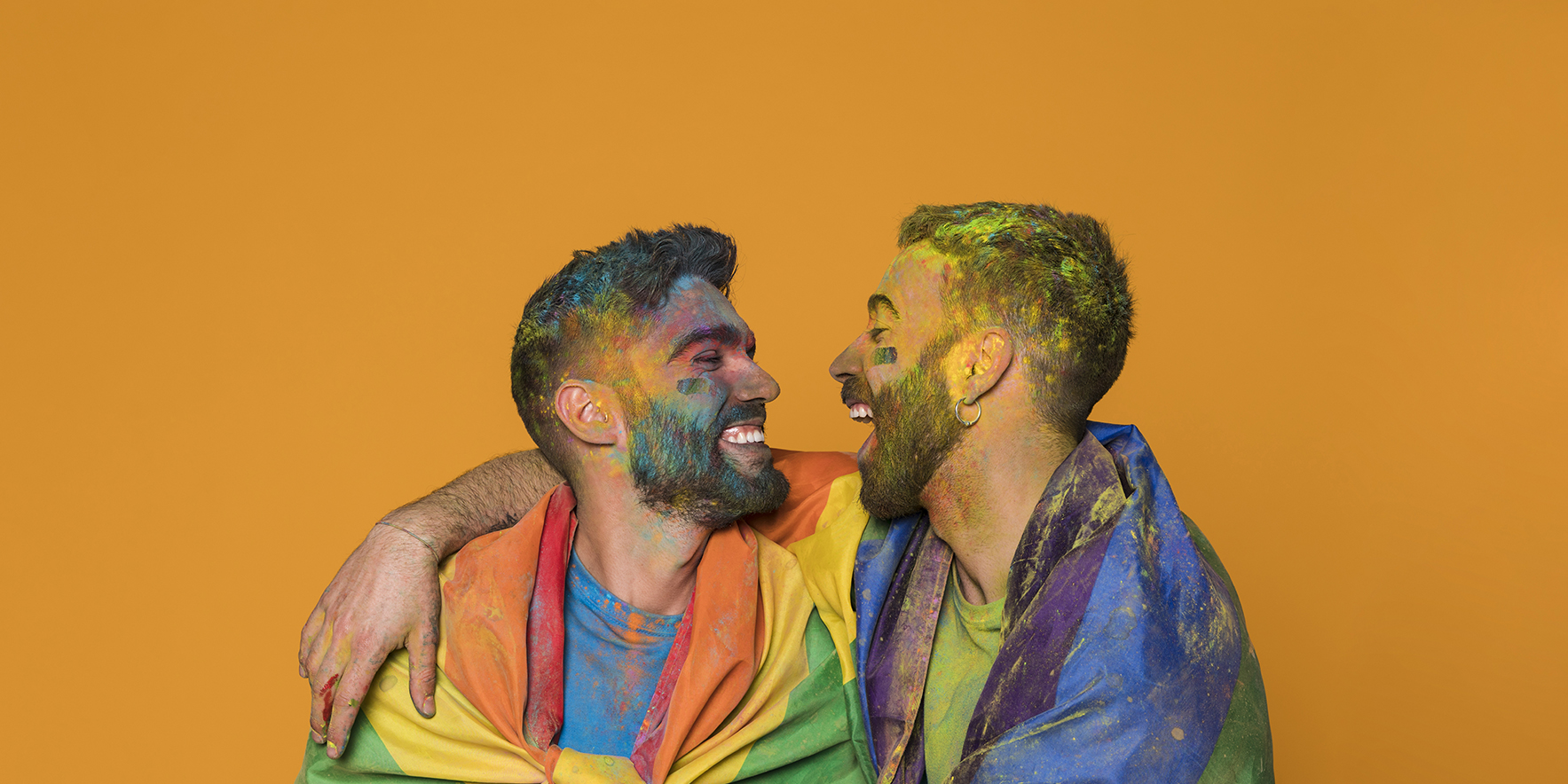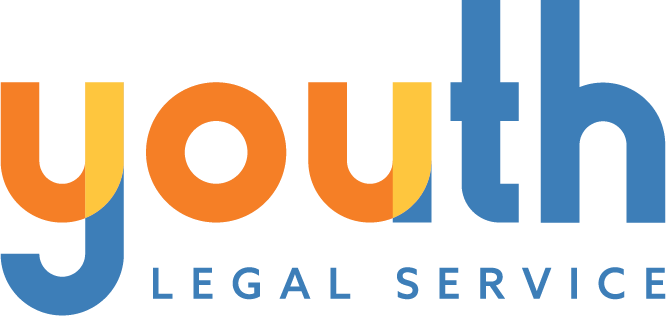12 Nov Celebrating Pride
|
Getting your Trinity Audio player ready...
|

November is Pride month.
It is a time for celebrating the diversity within the LGBTIQ+ community and to honour the history of the LGBTIQ+ community in WA. For example, from the days of the 1974 Honorary Royal Commission into matters relating to homosexuality through to the apology by the West Australian Government to men convicted over homosexual acts in 2017 and the legalisation of same-sex marriage in the same year.
So much change for the better, so much to celebrate and yet…..while it is good to celebrate the achievements gained at a societal level, our celebrations must also give space to remember the work still to be done at the personal level particularly for young LGBTI people.
The National LGBTI Health Alliance snapshot of mental health and suicide prevention statistics for LGBTIQ people from February 2020 makes for sobering reading against the backdrop of Pride month. For example, LGBTIQ young people aged 16 – 27 are five times more likely to attempt suicide compared to the general population. Transgender people aged 18 and over are nearly eleven times more likely and people with an intersex variation aged 16 and over are nearly six times more likely.[1]
In terms of mental health 41.4% of homosexual /bisexual people aged 16 and over met the criteria for a mental disorder and had symptoms in the last 12 months.[2]
In terms of homelessness 51% of LGB young people and 71% of gender diverse young people aged 14 – 21 don’t live at home with family.[3]
These statistics taken from February 2020 do not factor in the full impact that COVID-19 has had on the mental health of young people.
The factors leading to attempted suicide, self-harm and mental health issues are often complex and deeply personal yet amongst these factors are often verbal and physical abuse, cultural and religious issues that particularly impact young LGBTIQ+ people from culturally and linguistically backgrounds and a sense of isolation and exclusion. It is easy within the LGBTIQ+ community to point the finger outwards at the wider society, to say that society should do more. Yet, as a counsellor once said to me, “every time we point to another there are three fingers pointing back to me”.
If we are serious about addressing the personal and societal cost of mental health issues, attempted suicides, self-harm and the other issues experienced by young LGBTIQ+ people then yes, we must work to create safe spaces and understanding within the wider society just as we must work to create safe space within the LGBTIQ+ community.
We must create space for stories other than white, male, gay, privilege stories. We must create safe spaces where racism masked as sexual preference is not tolerated. We must create spaces where all stories are celebrated.
Stories of those who have endured the night of mental health issues and having made friends with their demons. Stories of LGBTIQ+ young people from different cultures whose world view adds depth and diversity to a Caucasian way of seeing. Stories of those who transcend gender and see from two perspectives and the stories of those who come from religious backgrounds and seek to bridge the seemingly impossible divide between sexuality and spirituality.
Pride is both a celebration in what has been achieved and the opportunity to create safe spaces where young people can take pride in their stories, stories of resilience, of hope, of acceptance.
[1]National LGBTI Health Alliance Snapshot of Mental Health and Suicide Prevention Statistics for LGBTI People. February 2020
[2]ibid
[3]ibid
